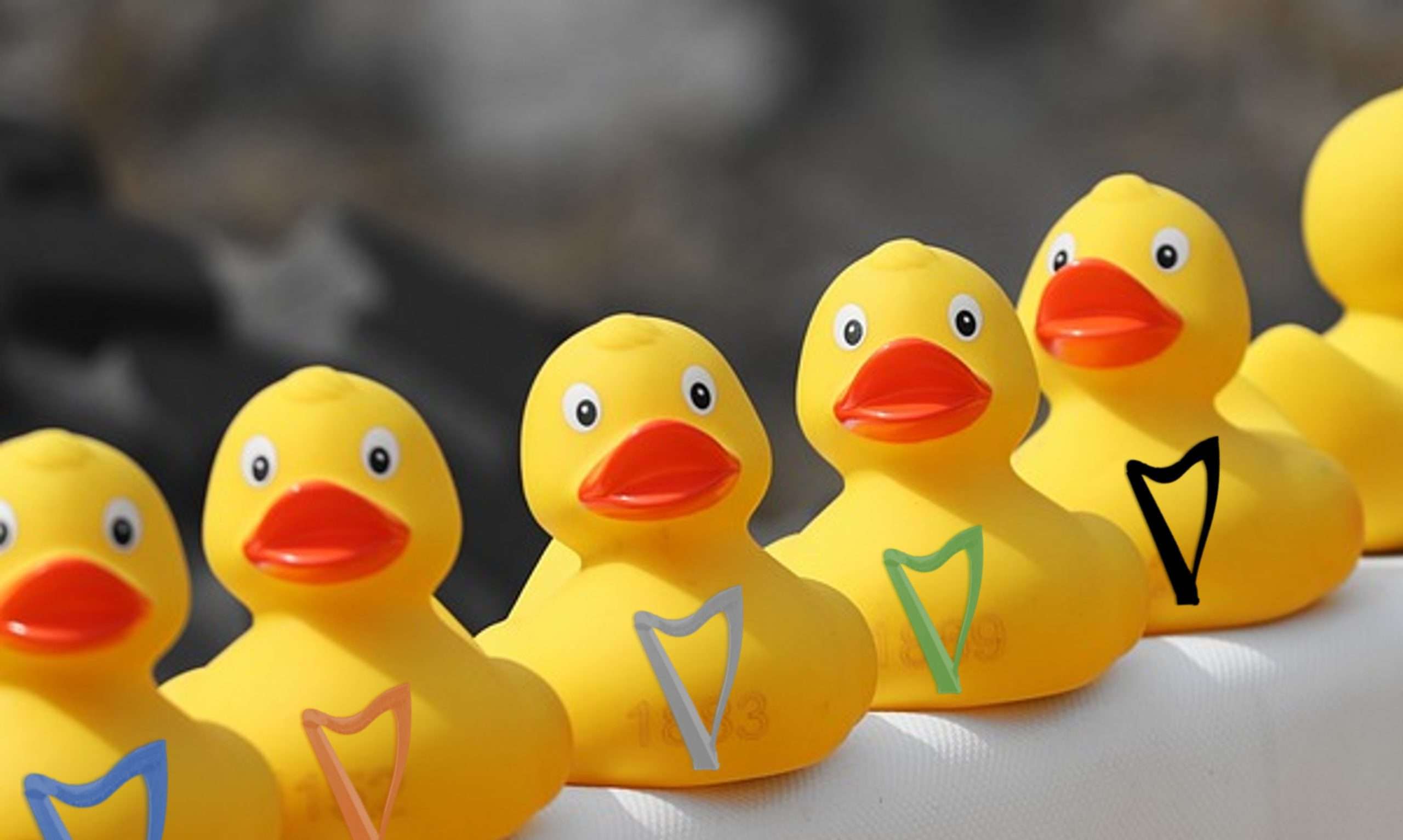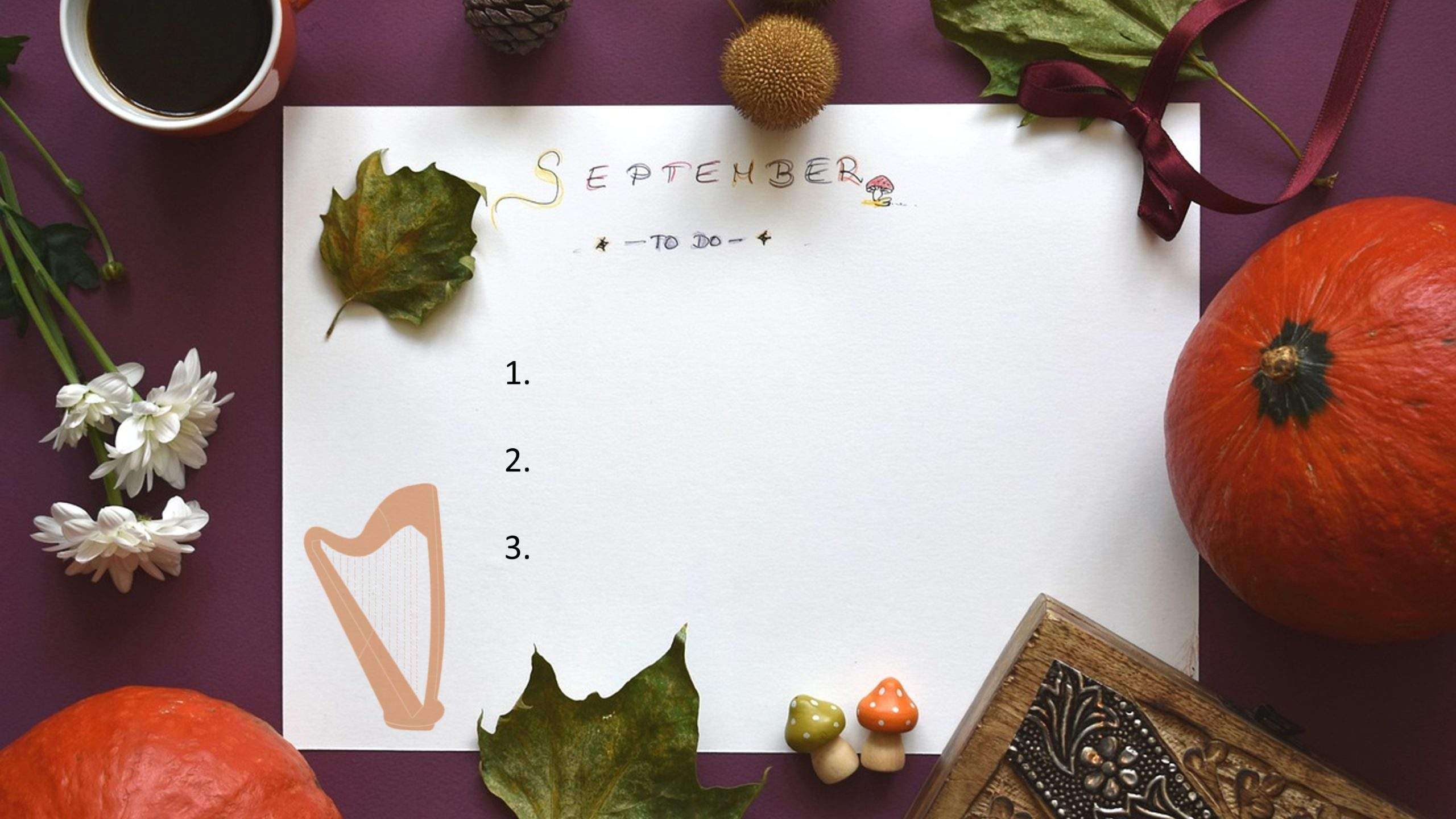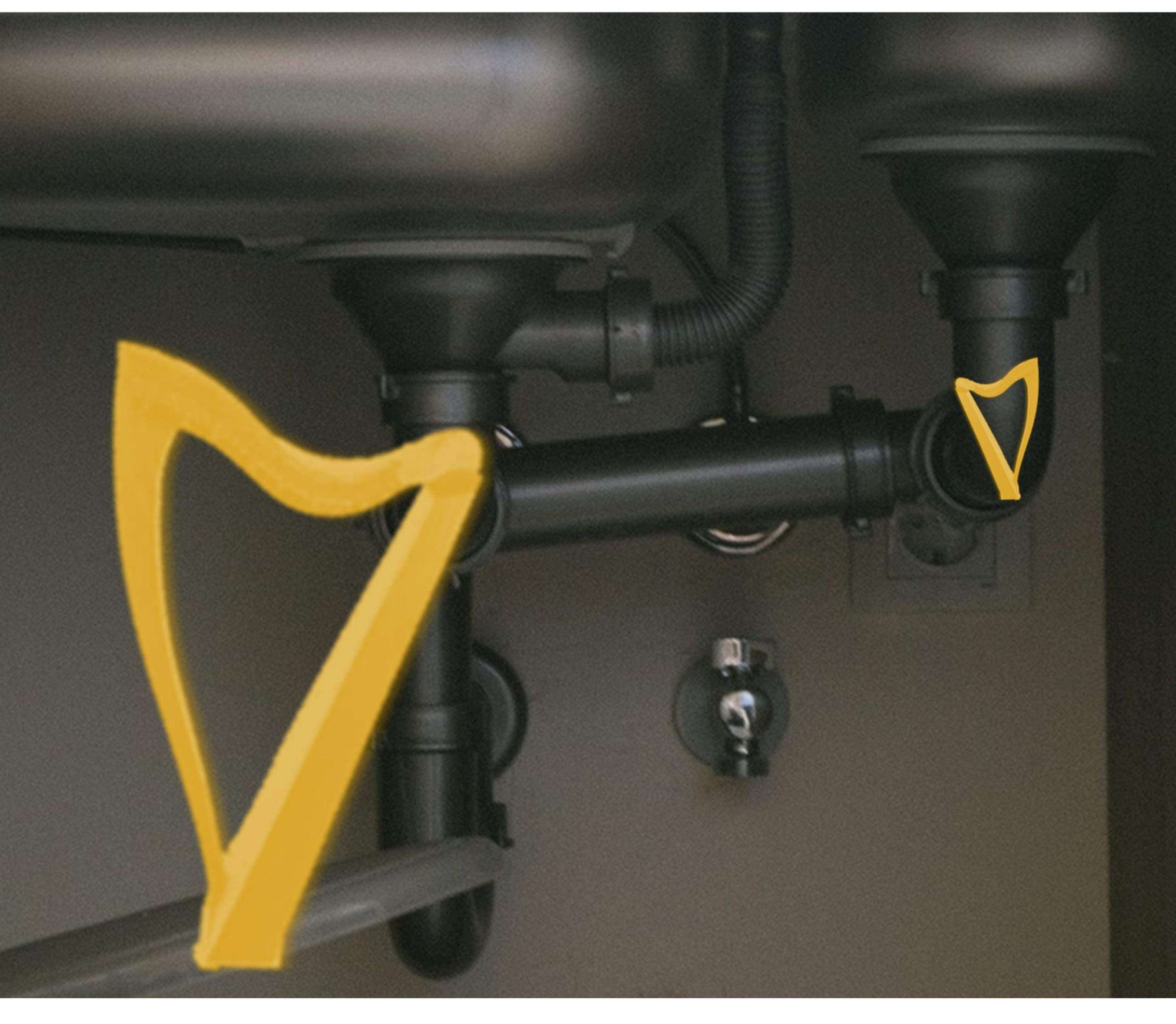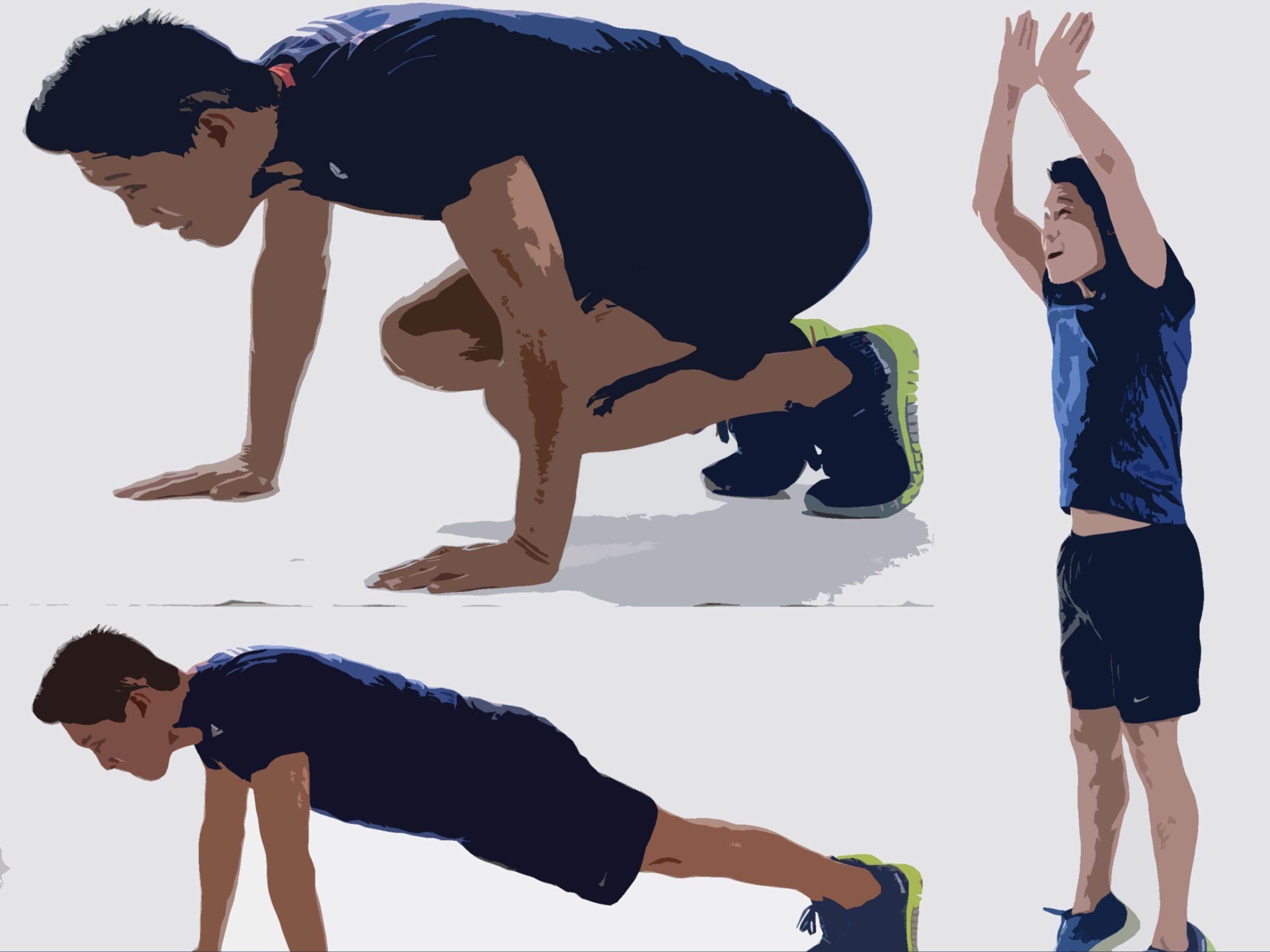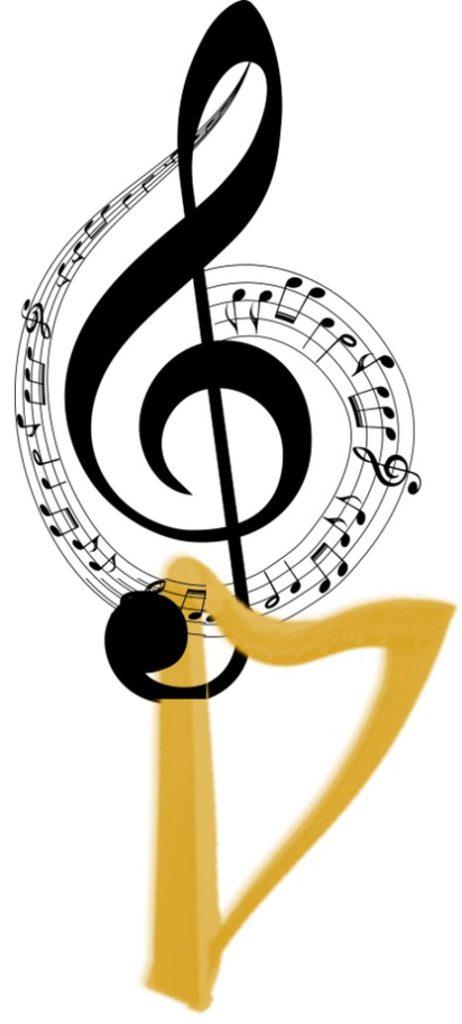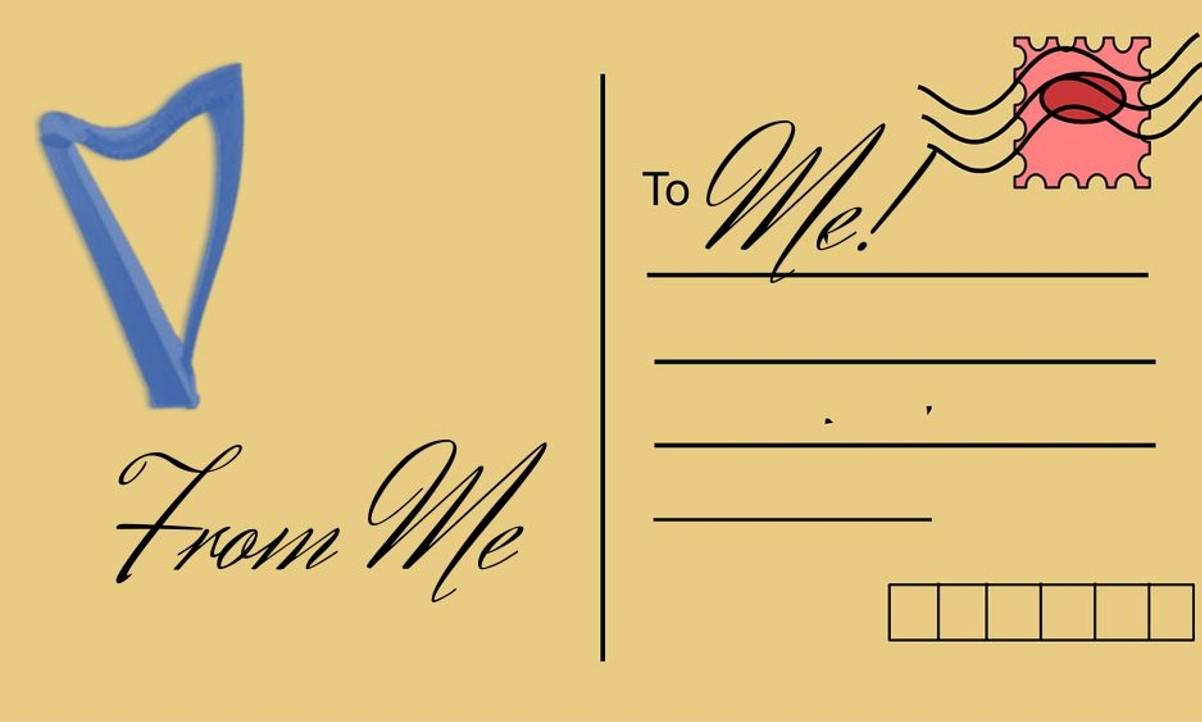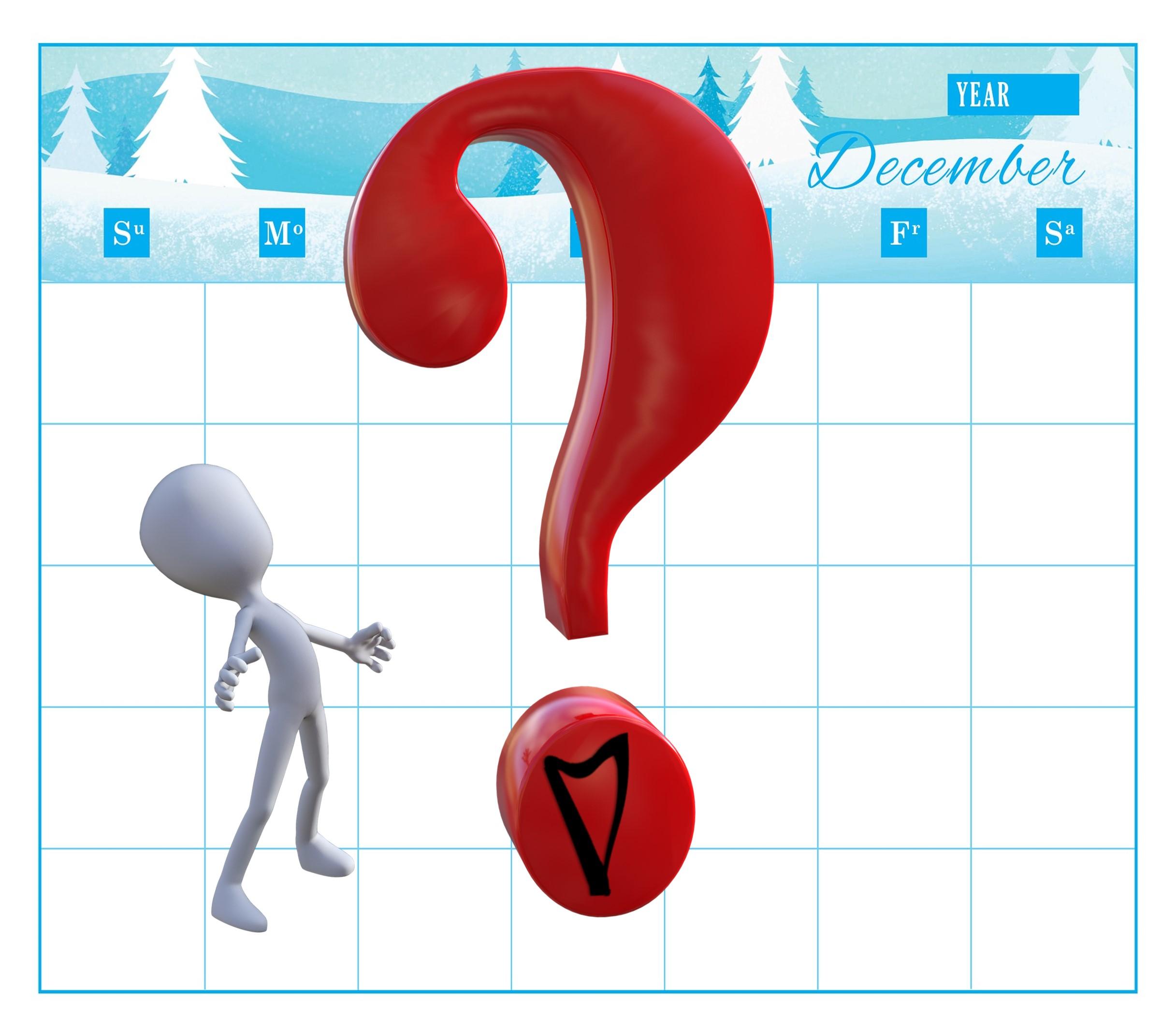Word
Happy New Year and welcome to 2024! It’s the time of year that our thoughts turn to new endeavors, self-improvement drives, goal setting, and making plans for our days. Some people craft rigorous goals. Some others make vague guesses. Meanwhile still others select a word of the year as a guide star. I’m (uncharacteristically) not going to bang on about goal setting (I’ve done that here, here, here, here, here, here, here, here, here, and here) as a nod to those who are not “Team S.M.A.R.T. goals”. If you are, you’ve probably already set your goals. But if you’re not, you might be floundering.

Let’s focus on what you told me interests you. Thank you to all of you who completed the survey (if you missed it, go here – I’d still love to hear what the rest of you have to say). Your inputs definitely helped me see what we should be sharing here! Your thoughts seemed to fall into two broad categories – Personal Development and Playing Better.
Personal Development includes learning, memorizing, performing, and managing how you deal with each of those. Playing Better encompasses specific techniques, theory, theory in practice, and figuring out what to practice. We’ll talk about these things throughout the year and I’m looking forward to your thoughts, questions, and experiences!
Maybe we should take the Word of the Year approach. One thing all these topics have in common could be captured in a word. This would be a single word to help us quickly get back to what we think is important and bring our attention to what we think is essential. You could write it on your mirror, put it on the fridge (or, if you’re like me, IN the fridge!), or tape it to your steering wheel. Put it where you will see it so that you can remind yourself of what it means – to you, to your playing, and to your progress.
I’m going to nominate Consistent as our Word of the Year. Because we know that consistent is what we need to be to get there (wherever we have decided there is). And being consistent will help us with both Playing Better and Personal Development. It is through being consistent that we can best find what you need to work on, what you want to work on, and applying your progress to your practice.
Consistent isn’t a sexy word. It brings ongoing hard work and it dribbles out small rewards. However, it will be in these little, activities with tiny feedback that will, given the chance, pull together over time to yield results you might be awed by! But you’ll never know unless you are consistent in your attention, practice, journaling, and analysis.
We’re going to have a great (if sometimes wild) ride – thanks for consistently reading and letting me know what you think!

